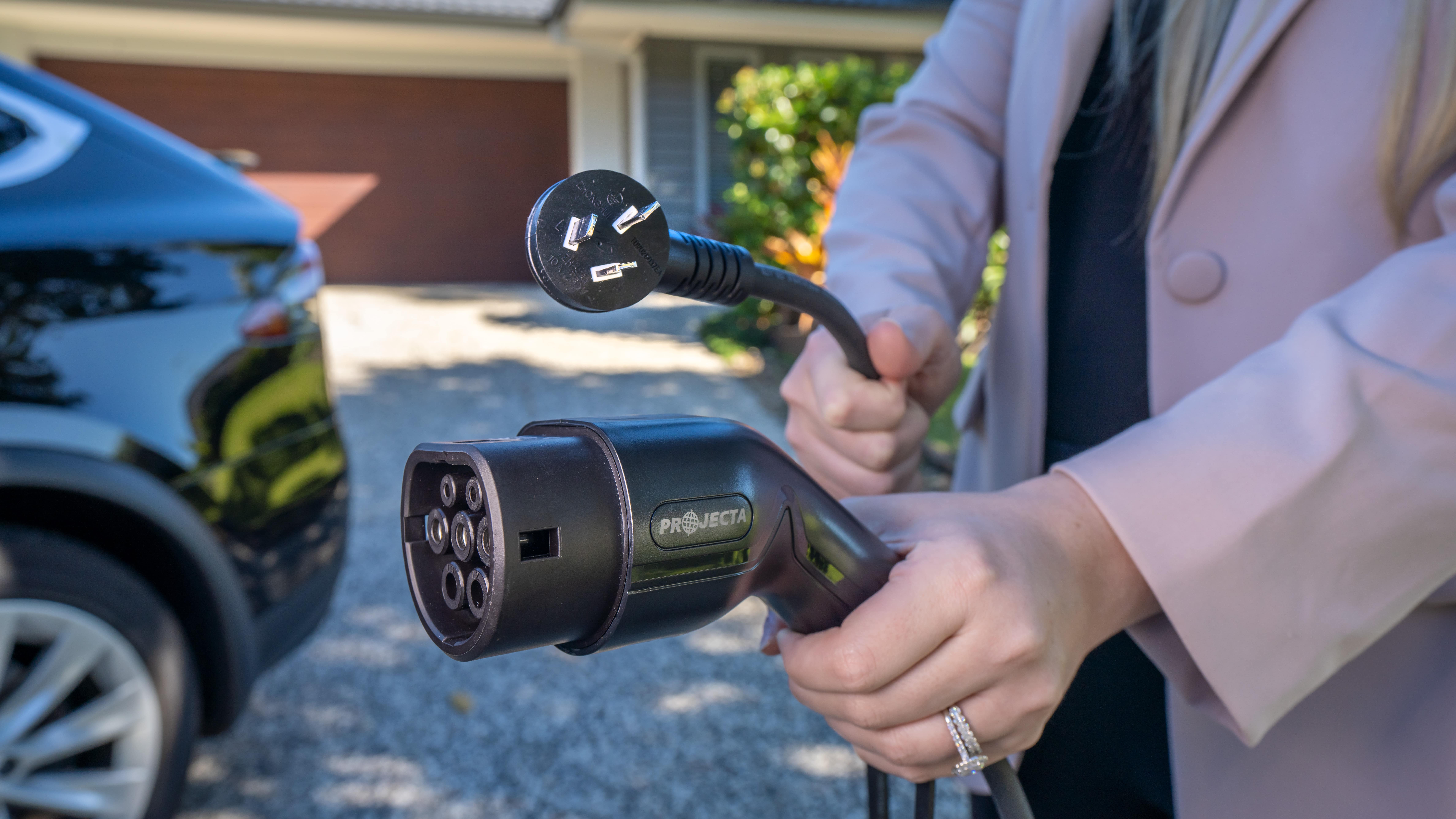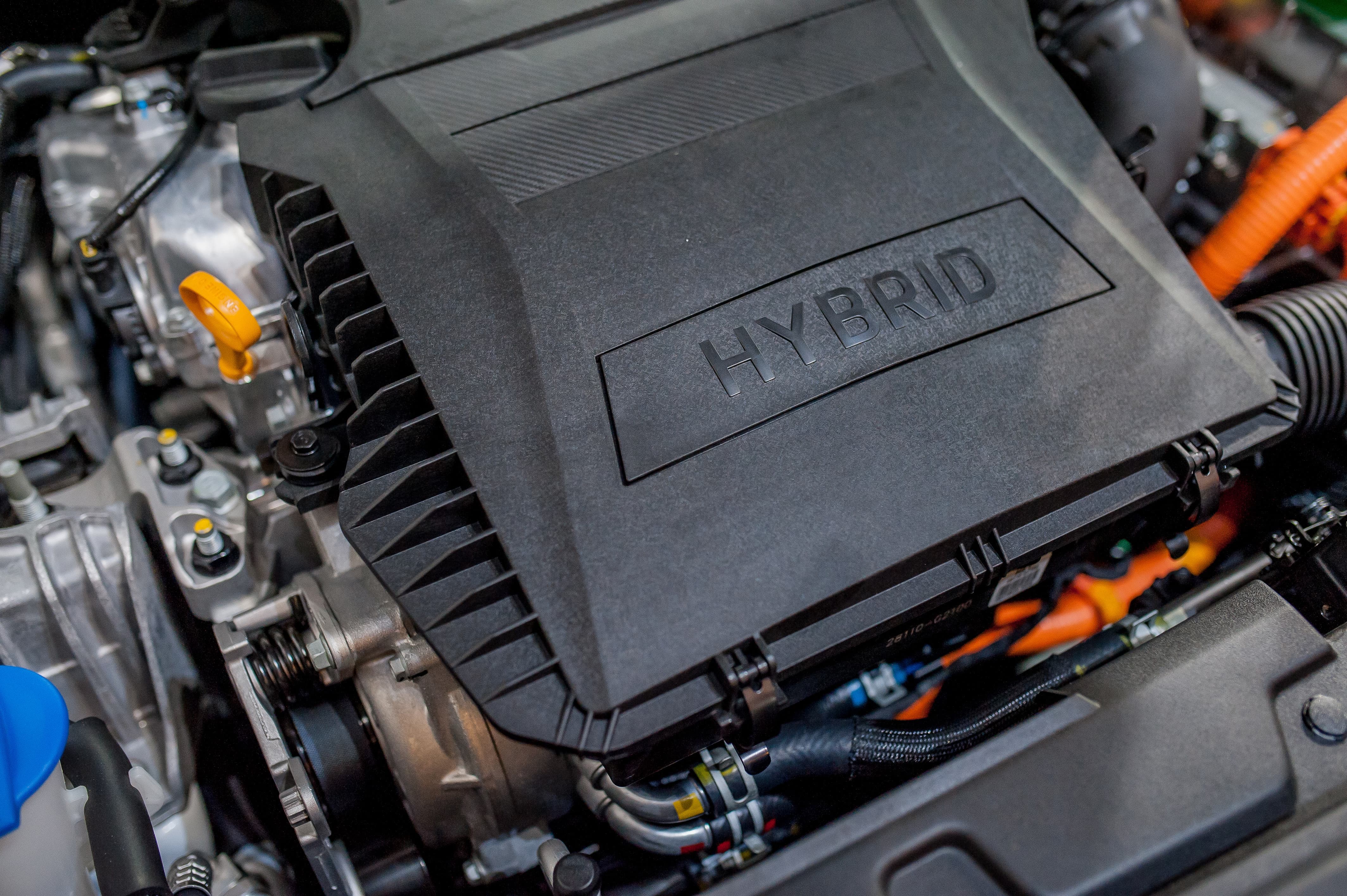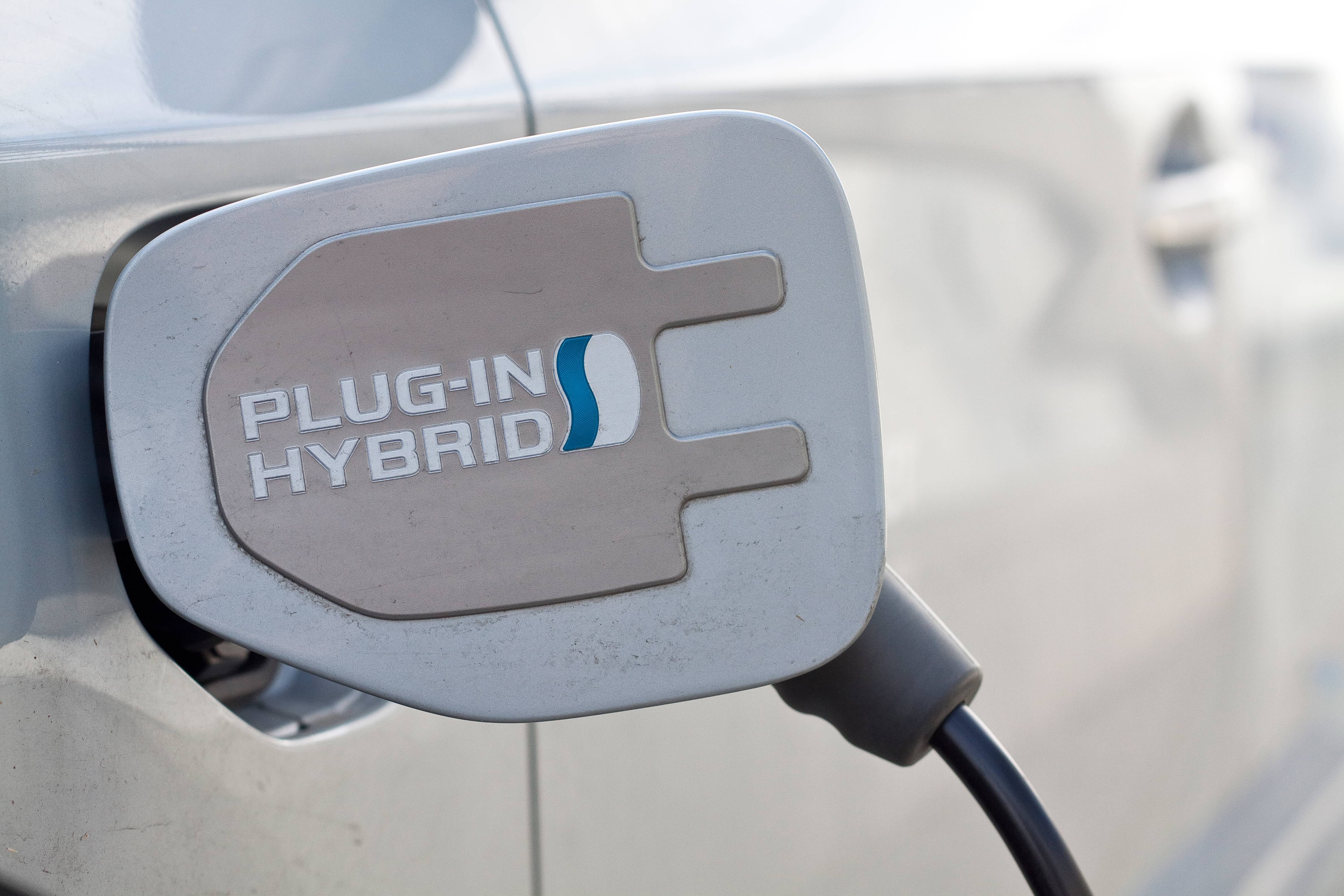Choosing BetweenElectric and Hybrid Vehicles
Considering buying an electric car? Don't worry, we've got you covered. Before you dive into the world of electric vehicles (EVs), hybrids, and plug-in hybrids, let's explore the key differences and everything you need to know.
Electric Vs Hybrid. Understanding the difference?
An electric vehicle (EV) runs solely on electricity stored in a battery, emitting zero tailpipe emissions. They need to be charged at a public charging station or using a charger at your home.

Hybrid vehicles combine an internal combustion engine with an electric motor. There are two types: hybrid vehicle and PHEV hybrid.
What is a hybrid vehicle?

A hybrid vehicle combines a small internal combustion engine working in tandem with an electric motor. Its low-capacity battery provides enough power to run electrical systems and kick the electric motor in to assist the combustion engine. The battery is in turn charged by the combustion engine.
What is a PHEV hybrid?

The second type of hybrid is the PHEV, meaning plug-in hybrid electric vehicle. As the name suggests, it can be plugged in to charge. The battery is larger, and the electric motor can operate independently, making it possible to drive short distances on electricity alone. Once the battery runs out, you can carry on driving powered by the combustion engine which will also charge the battery.
Electric Vehicle (EV), Hybrid & PHEV Terminology
When buying an electric vehicle (EV) or hybrid vehicle, there are a few new terms to get around. Let’s look at some of the more common ones.
Regenerative Braking
Most hybrid and electric vehicles (EV) use regenerative braking to convert the slowing mass of the vehicle back into a small amount of battery charge.
Kilowatt Hour
Often seen in print as kWh, it represents the amount of energy the vehicle can store in its battery and use as it runs.
kWh/100km
Kilowatt hour per 100 kilometres. This term is useful for comparing electric vehicle (EV) efficiency. It’s the electric equivalent of litres per hundred for fuel (L/100km)
Fuel Cell Electric Vehicle
An electric vehicle (EV) which relies on a fuel cell rather than batteries. They are much less common and refuelling options are limited.
Reducer
The electric vehicle (EV) equivalent of a transmission. It converts the high torque of the electric motor to higher speed.
Range
The distance your electric vehicle (EV) can travel before requiring a recharge.
Dual Motor
Some electric and hybrid vehicles will have dual motors for greater traction and performance.
Battery Electric Vehicle
Another term used to describe a pure electric vehicle (EV) with no combustion motor.
AC Charging
AC stands for alternating current and is the type of electricity we use at home. This is what you will charge your PHEV or electric vehicle (EV) with at home, and at many public charging stations.
DC Charging
DC stands for direct current. Your PHEV or electric vehicle (EV) will actually be converting the AC power to DC power to charge its battery. However, some public charging stations offer DC to bypass the internal charger and deliver power much quicker directly to the battery.
Should I buy an EV or hybrid car?
To help you decide, here’s some quick pros and cons for each.
Buying an EV
| Pros: |
|
|---|---|
| Cons: |
|
Buying a hybrid car
| Pros: |
|
|---|---|
| Cons: |
|
Buying a PHEV
| Pros: |
|
|---|---|
| Cons: |
|
What to consider when buying an electric vehicle (EV)
- Range: Longer range means bigger batteries, and greater cost. If you only travel short distances, you could save some money here.
- Charging infrastructure: Check if there are convenient charging options at home, work, or public places you frequent. There are online maps to help you with this for AUSTRALIA and NEW ZEALAND
- Battery technology: Look for batteries that offer good energy density, faster charging, and longer battery life. Battery warranties and degradation rates are important to consider.
- Charge Rate: Different vehicle and battery technologies will accept different rates of charge. If you drive long distances and need super-fast charging, look for a compatible vehicle.
- Performance: Motors, batteries, suspension, brakes and even dual motors will play a role in the balance between performance and economy.
- Price and incentives: Purchase price, rebates and incentives, as well as long-term cost savings on fuel and maintenance are all worth considering.
- Safety features: Most electric vehicles (EV) have substantial safety features including collision avoidance, adaptive cruise control, lane-keeping assist, and automatic emergency braking with plenty more available in higher market models.
- Reputation and support: Look closely at owner reviews and experiences, particularly for manufacturers new to the electric vehicle (EV) market. Consider customer service, warranty coverage and availability of authorised service centres.
CONCLUSION
The electric vehicle (EV) world is ever-evolving. Whether you’re looking to buy your first electric vehicle (EV), or you’re a well-seasoned existing owner; we're here to support your electric journey with a wide range of electric vehicle (EV) and Hybrid vehicle essentials. Browse our range of products online, shop at your local Supercheap Auto store, or choose convenient click and collect options today.
*Important information* - Click here to read more about our How-To terms and conditions.